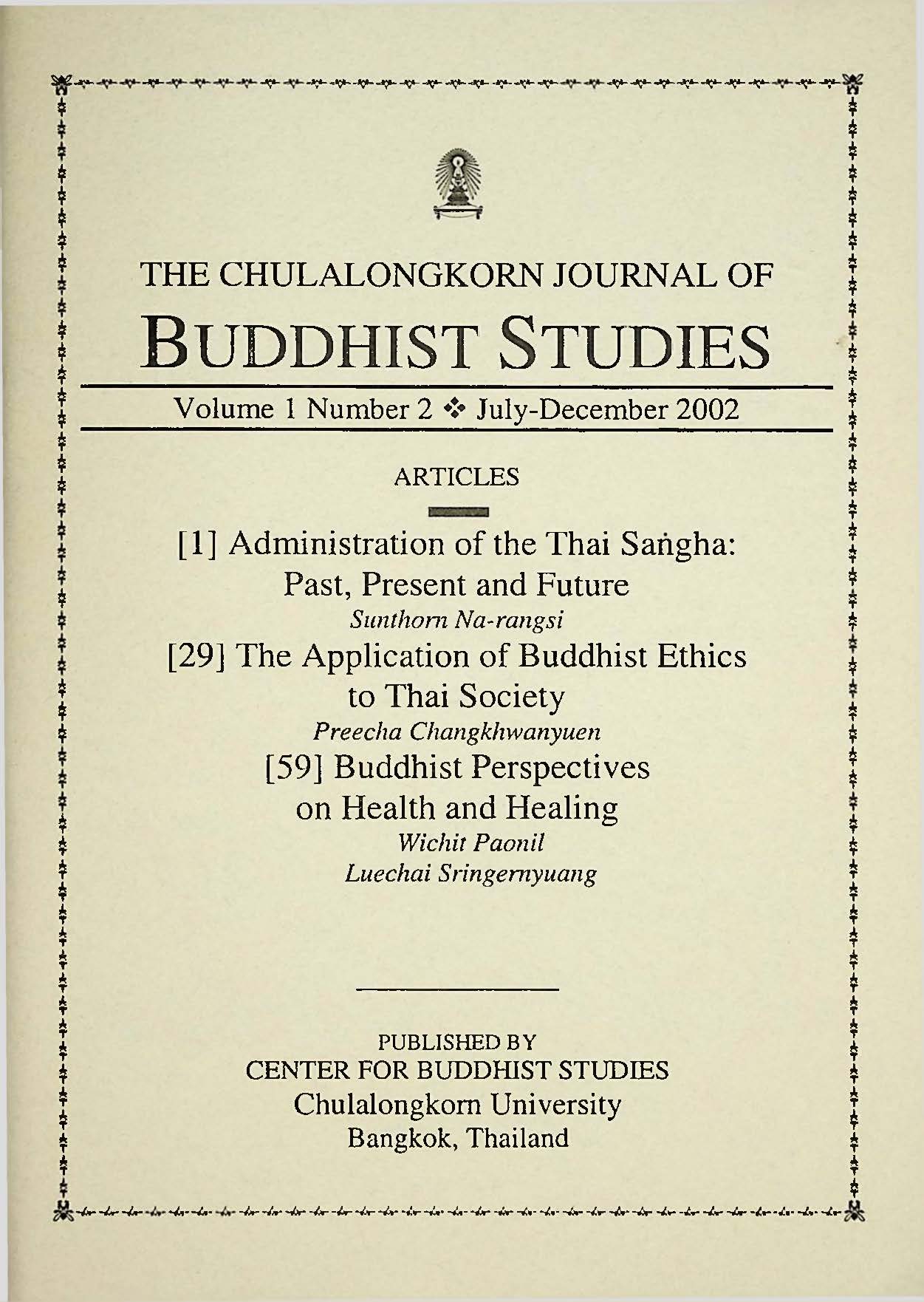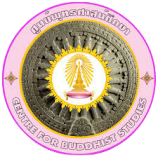ADMINISTRATION OF THE THAI SANGHA: PAST, PRESENT AND FUTURE
Abstract
From the time the Thai people established the kingdom of Sukhothai, the first Thai kingdom in Southeast Asia, around BE 1800 (CE 1250) most of the Thai people have upheld Buddhism as their main religion down to the present day. King Ramkhamhaeng, the third king of the Sukhothai Kingdom (reigned BE 1822-1843), invited senior Lankan monks (thera) to journey with their company from Nakhon Sri Thammarat to establish the Lankan order of Theravada Buddhism in Sukhothai. The king appointed the Elder MahasamI, the leader of the group, to the position of Supreme (ecclesiastical) Patriarch (sarigharaja), with a rank higher than all other monks in the kingdom, and he supported Buddhism fully. This is why the kind of Buddhism that later became known as “Lankan Buddhism” enjoyed growth and stability in the Sukhothai kingdom. There was widespread study of the Buddha’s words (Buddhavacana) recorded in the Canon, which led to the arising of Thailand’s first great Buddhist scholar, King Lithai the Great, the fifth king of the Sukhothai kingdom and author of Tebhiimikatha, more commonly known as Traiphum Phra Ruang, the first research work in the history of the Thai people. For this he studied at least 30 primary and secondary texts (pakarand) in the Pali language.







